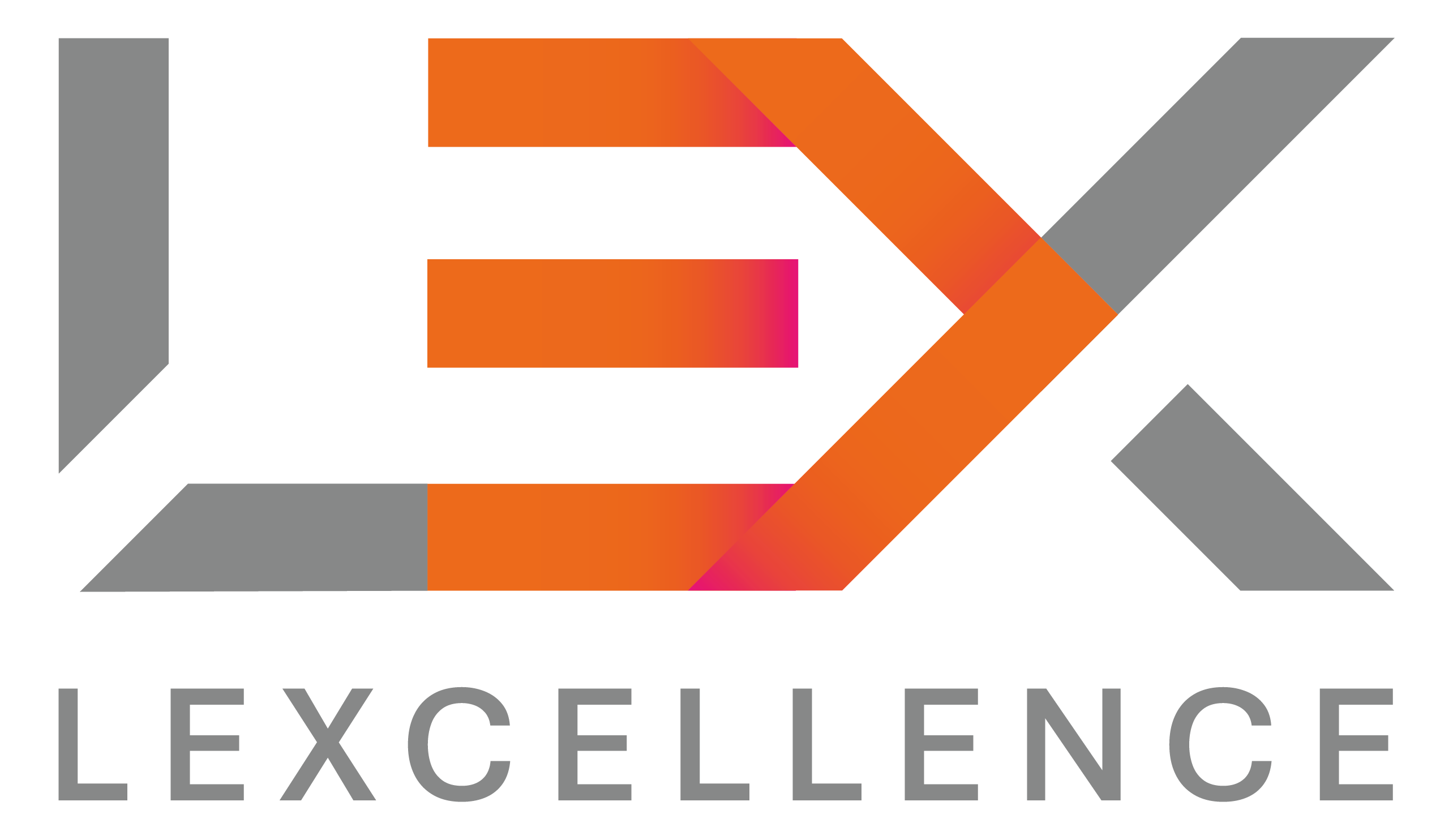US Regulation for Stablecoins: What’s in the New GENIUS Act

Dr. Katharina Lasota Heller, LL.M.
As of: June 2025 | LEXCELLENCE Legal Insights
Introduction
Stablecoin regulation is currently one of the most debated topics in financial and crypto law. The United States—one of the world’s largest markets for digital assets—has taken a decisive step with the introduction of the GENIUS Act (Guiding and Establishing National Innovation for U.S. Stablecoins Act). This new federal law aims to establish clear, uniform rules for the issuance of payment stablecoins and to resolve the existing regulatory patchwork among U.S. states.
On June 17, 2025, the U.S. House of Representatives passed the GENIUS Act, following the Senate’s approval in May 2025. The Act is expected to enter into force in Q3 2026.
Key Provisions of the GENIUS Act
Definition of a Payment Stablecoin
The GENIUS Act defines a payment stablecoin as a digital asset that is or is intended to be used for payment or settlement purposes, provided that:
- the issuer is obligated to redeem or repurchase it at a fixed face value,
- the asset maintains a stable value relative to such amount, and
- the asset is not legal tender, a bank deposit, an interest-bearing instrument, or a regulated security (except for certain bonds or debt instruments).
Licensing Requirement – Who May Issue Stablecoins?
Under the GENIUS Act,only authorized Payment Stablecoin Issuers (PPSIs) are permitted to issue stablecoins. Unlicensed issuance is subject to criminal penalties.
Requirements for PPSI authorization:
- Principal place of business in the United States
- Licensing at the federal o state level
- Compliance with requirements regarding minimum capital,risk management, and compliance controls
Types of Eligible PPSIs:
- Federal Level
National banks or trust companies supervised by the Office of the Comptroller of the Currency (OCC) may register as federally qualified PPSIs.
- State Level
State-licensed firms (e.g., Paxos, Circle in New York) may operate as state-qualified PPSIs, provided that their home state has entered into a cooperative agreement with the Federal Reserve.
- Depository Institutions
Traditional banks or savings institutions that accept deposits may also issue payment stablecoins if they meet the additional requirements under the Act.
Reserve Requirements
All payment stablecoins must be backed 1:1 by eligible reserves. Permissible reserve assets include:
- U.S. dollars
- Deposits held with the Federal Reserve
- Demand deposits at insured depository institutions
- U.S. Treasury securities with a maturity of no more than 93 days
Disclosure Obligations
While the GENIUS Act does not require a whitepaper, PPSIs must disclose:
- redemption policies, and
- monthly public disclosures specifying:
i) the total outstanding amount of issued stablecoins
ii) the composition and value of reserves
Redemption Rights
A statutory redemption right at par value is embedded in the very definition of a payment stablecoin under the GENIUS Act.
Obligations for Foreign Issuers
The GENIUS Act strictly limits public issuance and sale of stablecoins in the U.S. to licensed PPSIs.
Key conditions:
- The issuer must have a U.S. business presence
- Reserves must be held in USD or comparable U.S.-based instruments
- Although issuance of non-USD-denominated stablecoins is theoretically allowed, reserve requirements make such issuance practically difficult
Foreign issuers may only access the U.S. market if:
- they are subject to a comparable regulatory regime in their home jurisdiction,
- they register with the Comptroller, and
- they maintain reserve assets for U.S. users within the United States
Stablecoins issued by unlicensed entities may still be held or traded privately in the U.S., but may not be publicly offered, sold, or treated as cash equivalents for accounting purposes. The intent is to create a clear regulatory incentive to become a licensed PPSI.
Conclusion
The GENIUS Act establishes a strict yet structured framework for stablecoin issuance in the U.S. For international issuers looking to enter the U.S. market, early legal and operational planning is essential. Without timely registration and compliant structuring, significant usage limitations and legal risks may arise.
